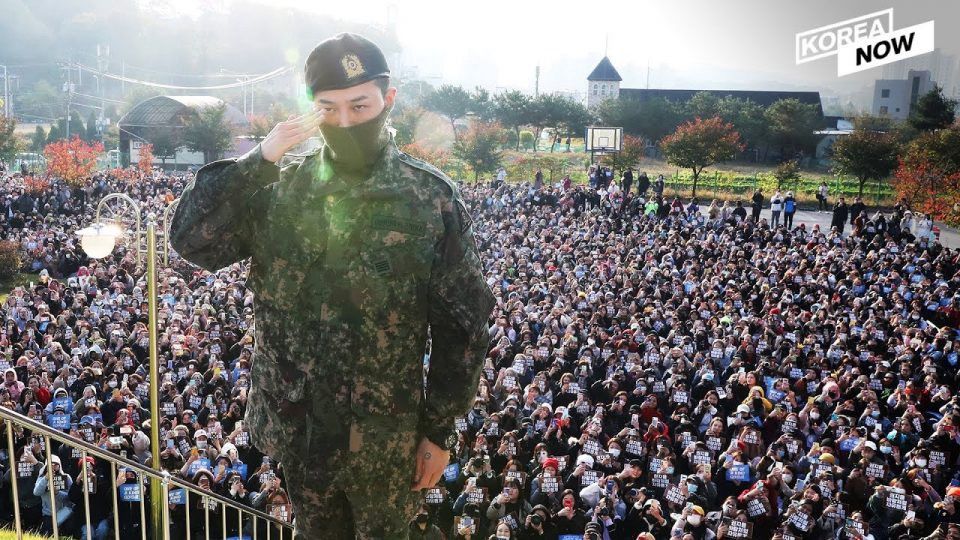How A Healthy Democracy Fights Epidemics
Legal lessons from South Korea

We should all learn from Korea. China was able to hack and amputate its way out of an epidemic, but there’s a better way. That way is democracy. Laws, institutions, and people that follow them.
South Korea is fighting COVID-19 without lockdowns and economic carnage because it’s a democracy, not despite it.
So how did they do it?
But first
Wait wait wait, what does a random Sri Lankan know about Korean laws?
I know because of the COVID Translate project. This volunteer resource gives all of us access to official Korean guidance, including an Appendix that covers all the legalities. I’ve also read the entire act and will cite from it throughout.
However, note that I only provide color commentary. The source documents are available to all. Please read and share them yourself.
The first law is time

This isn’t a legal concept, it’s just physics. Time just moves forward, and the right time for this epidemic response is in the past.
Korea wholly amended its Infectious Disease Control and Prevention Act in 2009, over a decade ago. They have amended it 10 times since. The act itself contains a requirement for updated Master and Implementation Plans every five years.
Hence the first rule is to prepare your epidemic response early and update it often. Almost every country has some ancient quarantine law on the books, but you’ll need to dust it off and keep it ready.
The second law is power

The next most important question is who. If you depend on whatever politician you just elected you’re screwed. Political responses are just too slow. An epidemic response has to be instant and fast, like a hand pulling away from a fire. The signal doesn’t even need to go to your brain, you just react.
Government power
You can’t just depend on the President because A) they’re busy and B) could be a fool. There has to be an institutional response and it has to be fast, automatic and backed by law.
In Korean law, significant powers are given to the Minister of Health which they can delegate to the KCDC, governors or mayors. Local authorities can, in turn, appoint powerful Epidemic Control Officers. If anyone doesn’t follow orders or report information, there are fines of up to 20 million won ($16,000).
People power
At the same time, these laws also protect and define the rights of citizens. The government just doesn’t just become all-powerful because it’s an emergency, it has only the specific powers listed in this act.
The government also has responsibilities. As mentioned they are required to plan, and they are also required to share information during an epidemic.
(2) All citizens are entitled to know information on the occurrence status of infectious diseases, on the prevention, control, etc. thereof, and methods of responding thereto.
The government also has limits. For example, they have to compensate people if they take over or disinfect their buildings. All of the budgeting and much of the planning is also pre-determined. You don’t need to have power struggles or debates in the middle of an epidemic, this is already defined.
Most importantly, all of these powers are conditional. If there’s an epidemic they kick in, and when it’s controlled the powers go away. This is vastly preferable to blanket emergency powers, which central governments often don’t give back.
The third law is information

IMHO, if this epidemic had started in Korea (or Taiwan or Singapore), it would have been controlled.
China is a dictatorship and no one moved until Xi Jinping dictated it. This was too slow. If local authorities had been empowered to act even days earlier, infections could have been halved.
In Korea, by contrast, power is highly devolved. Even a town mayor can seal off areas, restrict gatherings, etc. At the same time, clear information flow is mandated by law, and whistleblowers are protected. Doctors and local authorities must report outbreaks up by law. For zoonotic diseases (from animals, like COVID-19), they must be reported directly to the KCDC.
If you read these laws, you’ll notice that they rarely mention the President. Everything is done through institutions, not politicians. China was able to respond decisively because they were a dictatorship, but it was just too late. A democracy with proper planning is much better.
But I don’t mean to be too hard on China. Decrepit democracies like America or the UK would have been even worse. Only a truly modern democracy like Korea or Taiwan (or a benevolent dictatorship like Singapore) has the capacity to react this fast. Even then, they only have these institutions because of SARS and MERS. It is worth noting that America did have these institutions until Trump dismantled them.
Hence today we must look East and not West. Korea is a successful society that is both advanced and open, and they have excellent music, TV, and film. They follow the third law, which is controlling and mandating the flow of information, without being dictators about it.
How Healthy Democracies Win

As you can see, given time and preparation, a democracy is better at responding to epidemics than a dictatorship. Not just any democracy, of course, it needs to be one where people understand the threat of epidemics and have demanded a response. It also can’t be a failed state like America or the UK.
But this is possible. Not now, it can’t be done in the middle of an epidemic, but consider this an inoculation by fire. We must prepare for the next. Korea provides a legal blueprint, operational guidance, and a lot of data as well.
If you have a democracy, take the time to think about and demand proper epidemic laws. If you do, you can build a national immune system. Something that finds infections, isolates them and reacts fast — without destroying your body politic. We don’t have a vaccine for COVID-19 and we definitely don’t have a vaccine for the next epidemic, but we can vaccinate nations. We just need an injection of law.
This Appendix from the COVID Translate Project summarizes the relevant laws. You can read the whole act here.